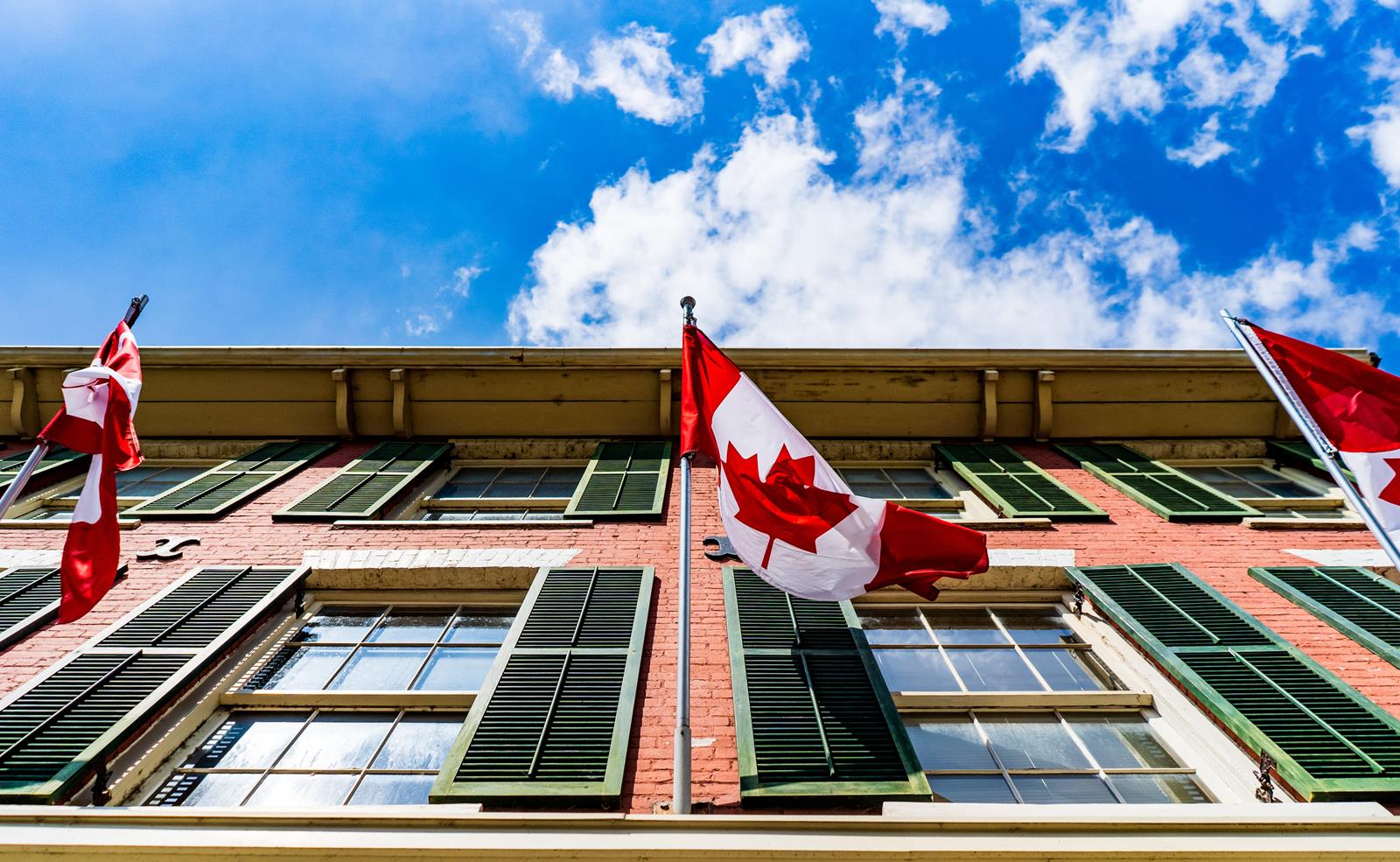Politics and the Exercise of Power

Power and politics are entwined forces that define society and thereby influence who chooses, how resources are allocated, and whose interests come first. Fundamentally, politics is about the struggle for power—how it is acquired, distributed, and maintained within social and institutional structures. Whether overt or suppressed, the use of power determines the dynamics among governments, individuals, companies, even unofficial groups. Not limited to kings or presidents, power now operates in modern society via legislation, media influence, economic leverage, and cultural narratives. Political regimes attempt to defend power via democracy, authority, or legal systems; yet, frequently inequality and manipulation compromise these ideals. Understanding how politics shapes the distribution of power helps one to acquire the mechanics underlying public opinion, policy, and social change.
Defining Power in Political Contexts
Politically, power is not just the capacity to command but also the capacity to produce outcomes, affect behavior, and determine who gets what, when, and how. It takes place at formal institutions such parliamues, courts, and executive offices as well as in less evident places as media discussion, business lobbying, or social conventions. While force or coercion might be employed to exercise authority, contemporary political systems typically rely on legitimacy and consent. Not just because of forced control, but also in accordance with legal regulations, democratic values, or cultural expectations people may accept power rather than merely in line with imposed control.
Generally speaking, political sociology divides among many types of power: structural, persuasive, and coercive. While philosophy, education, or speech helps to change minds, coercive authority may include police or military force application. Structural power institutions and practices embedded in aid to shape choices away from direct influence. These components simultaneously reflect the many facets of political control in society. Examining power in this sense helps one not only to clarify the decision-making process but also the causes of the amplification of certain voices and silence of others.
The State and the Monopoly of Legitimate Force
Among the basic concepts in political theory is Max Weber’s assertion that the state has a monopoly on the legitimate use of physical force within a limited area. This monopoly helps one to see how modern governments establish power and maintain social order. Legal systems enable the government to carry out laws, pay taxes, and administer justice—actions deemed unlawful if done by private individuals. But this legitimacy is based on shared belief in the system’s fairness, efficiency, and accountability.
Still, the exercise of this power should be under strict observation as the line separating acceptable authority from totalitarian excess may blur. When authority is centralized without transparency or checks and balances, states may descend into corruption or dictatorship. Using militarized police, emergency powers, or surveillance technology, for instance, one should keep democratic ideals in mind. The ability of a government to exercise power without sacrificing civil rights or marginalizing of its citizens determines its legitimacy most of the time. Political systems so have to reconcile authority with rights with power under ethical restraint.
Power and Political Elites
Many times, political power is concentrated in the hands of elites—those with the social, financial, or institutional capital to influence public agendas and produce laws. Among these elites might be media magnates, corporate leaders, lawmakers, and other strong individuals operating at the intersection of power. Though democratic governments are supposed to distribute power via representation and accountability, the reality frequently reveals an inordinate influence used by a somewhat small minority.
Structural dynamics favoring individuals with access, wealth, or established networks instead of conspiracy or evil intent produces this occurrence. Thanks in significant part to campaign money, lobbying, and communication channel ownership, political elites have considerable sway over popular opinion and policy outcomes. Modern political sociology seeks to highlight these connections and question the methods of power preservation and replication. Knowing elite dynamics helps countries evaluate the situation of their democratic institutions and promote more inclusive, transparent democracy.
Resistance, Consent, and the Limits of Power
Though it looks to be either overwhelming or controlling, power is never perfect. Exercise of political power is always prone to resistance, compromise, and misunderstanding. People who challenge authority or demand change show, vote, advocate, and engage in civil disobedience. These acts of resistance highlight how power must constantly solicit permission from the governed; when that permission is lost, legitimacy might disintegrate.
Power also relies on philosophy—sets of beliefs and ideals that allow the use of power either natural or legal. Schools, media, and cultural groups assist in the replication of these ideas sometimes without public knowledge. However, room becomes available for new movements and alternative political ideas when critical awareness grows—that is, when people begin to question conventional narratives. The dynamics between consent and resistance show the fluid nature of power and stress, thereby stressing the importance of political understanding and engagement in democratic life.
Conclusion
Closely intertwined and determining the foundation of society structure, government, and change is politics and the exercise of power. From institutional buildings to personal interactions, power permeates every facet of social life; it is not contained in legislative chambers or government offices. Understanding the nature of political power enables us to scrutinize, from a critical standpoint, the procedures behind access, influence, and authority in our local governments. Whether utilized by the government, political leaders, or cultural groups, power needs to be continually under evaluation and responsibilities allocated. People are active actors capable of altering, challenging, and redefining the political landscape; they are not just passive recipients of power at the same times. Our collective ability to grasp how power works and to ensure it is used not for domination but rather for the fair and just development of all members of society in this dynamic interplay between control and resistance determines the fate of democracy.